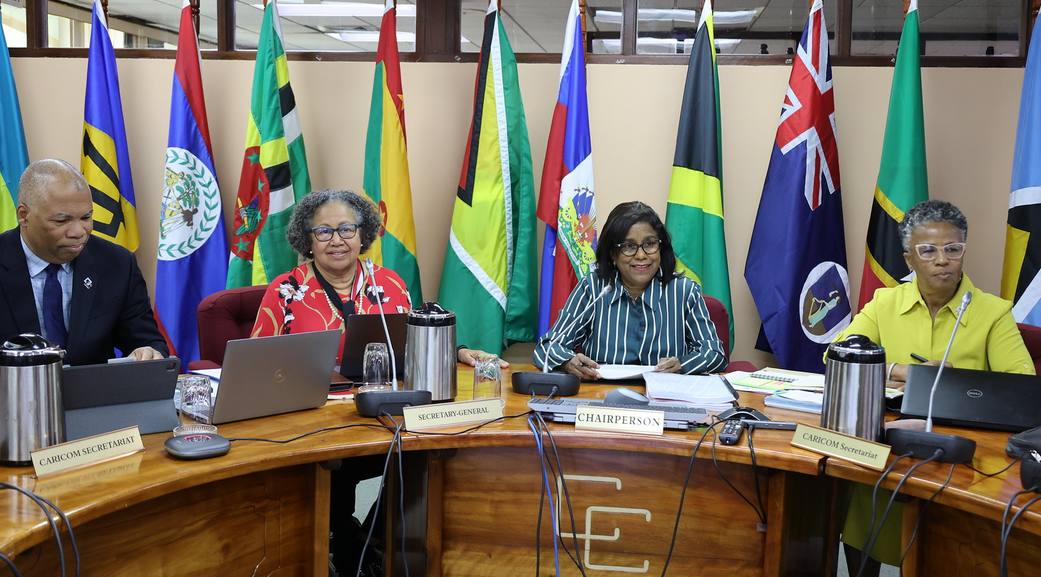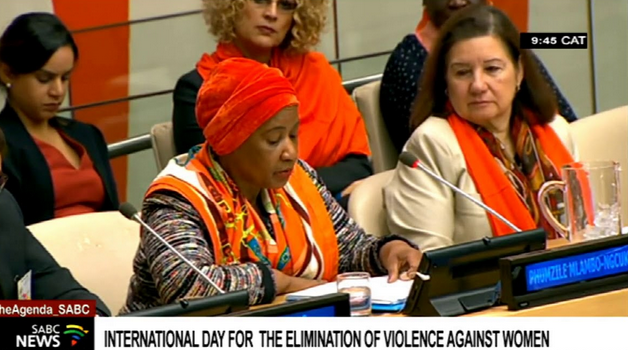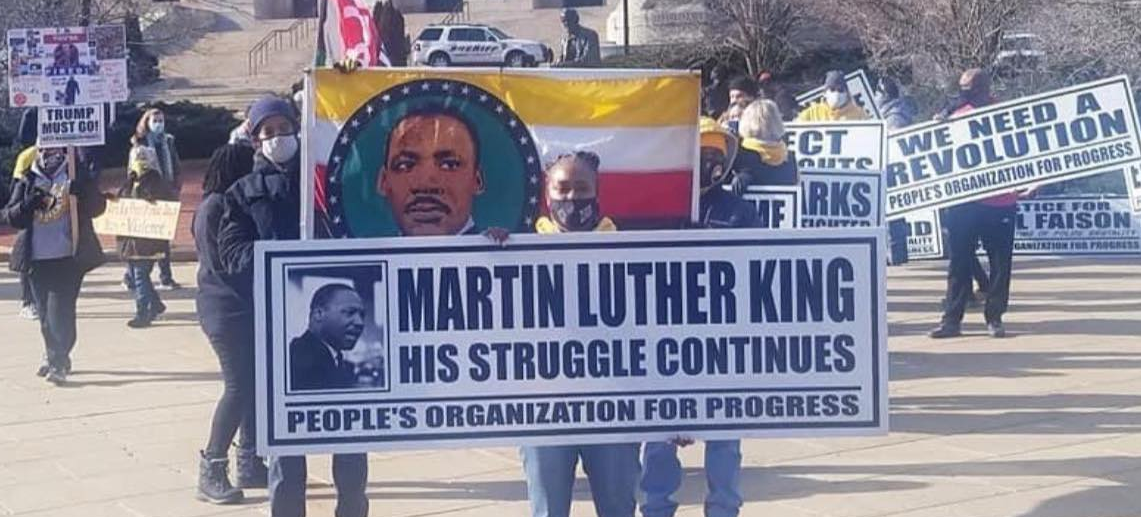Photos: YouTube
Several former Trump advisers and officials who promoted baseless claims of widespread vote fraud and worked to overturn the 2020 election ahead of January 6 are now enmeshed in a new effort to challenge votes, voter eligibility, and election results in 2022 and beyond.

At the center of this effort is the Conservative Partnership Institute, a right-wing nonprofit funded in part by Trump’s leadership PAC and home to several key former Trump aides. It is organizing a network of groups and individuals committed to taking more control of election administration in future contests.
The network has published materials and hosted summits across the country with the aim of coordinating a nationwide effort to staff election offices, recruit poll watchers and poll workers, and build teams of local citizens to challenge voter rolls, question postal workers, be “ever-present” in local election offices, and inundate election officials with document requests. The effort is an extraordinary investment in sustaining and bolstering the false narrative of widespread voter fraud.
In forming the network, the Conservative Partnership Institute has spun a smattering of grassroots organizations rooted in election denialism into a larger and more coordinated web of groups that includes establishment entities like Heritage Action for America, an affiliate of the Heritage Foundation. The Republican National Committee — spearheading its own unprecedented recruitment drive for poll watchers and workers — has participated in some of the network’s summits. Cleta Mitchell, a Republican lawyer and public face of the effort, made the plan clear to former Trump adviser Steve Bannon: “We are arming the army of patriots, that’s our goal.” (Bannon has also weaponized election denialism to drive activists to serve as poll watchers and staff other offices in a concerted effort that he has dubbed the “precinct strategy.”)

The Conservative Partnership Institute reflects a spiderweb of connections to key figures involved in the January 6 insurrection or the wider effort to overturn the election results. Mitchell helped Trump challenge election results in court ahead of January 6, promoting flimsy legal claims that judges threw out. She participated in the infamous phone call with Georgia Secretary of State Brad Raffensperger on which Trump pressed him to “find 11,780 votes.” Former White House Chief of Staff Mark Meadows is a senior partner at the institute and was the keynote speaker at its Georgia summit. Dan Scavino — Trump’s former social media director who promoted the January 6 rally — is a digital fellow at the institute. Other members of the institute and its orbit also worked to overturn the 2020 election.
The network’s efforts are laced with dangerous falsehoods. Some groups in the network peddle the lie that the 2020 election could still be decertified. Several summit speakers have previously embraced false claims that the 2020 election was marred by widespread voter fraud. A speaker at an Arizona summit was part of a bogus slate of presidential electors and was recently issued a grand jury subpoena by the Justice Department.
An institute guide published and shared at summits and elsewhere encourages individuals to create their own local task forces in order to be “ever-present at the election office and board meetings, to hear and see and learn things that are only learned by being there.” The “Citizens Guide to Building an Election Integrity Infrastructure” also advises task force members to become election officials and workers but fails to describe critical differences between partisan monitoring efforts and official roles that must serve all voters. It instructs citizens to get exhaustive information to locate “bad addresses” and challenge voter eligibility, without explaining common missteps that other organized efforts to challenge voters have previously made, such as failing to account for the ways election officials record the addresses of student voters, unhoused voters, and military voters. And it encourages state-level activists to identify whether officials in attorney general offices are “friend or foe.”
In endorsing combative yet vague instructions and promoting the unjustified specter of widespread fraud, the unprecedented effort to organize an “army” of citizens could lead to voter interference and intimidation, improper mass voter challenges, election security breaches, and other forms of lawbreaking in November.
Groups in the network occasionally echo progressives’ rhetoric, such as messages stressing the importance of protecting vulnerable voters. When paired with false beliefs about widespread voter fraud, however, those messages can carry sinister undertones and could lead to interference with voters and those who lawfully assist them. The American Constitutional Rights Union, a group that has presented at the summits, promotes misinformation on its website concerning the legality of assistance to elderly voters, describing certain limitations on such assistance in a false or misleading way. The group also claims that it made over 1,000 phone calls and sent more than 3,000 letters to nursing homes and senior living facilities in the 2020 election “warning against fraud and providing important legal details.” A different Pennsylvania group inspired by the institute’s work urges activists to find out the political affiliation of every nursing home administrator in the state.
In the new landscape of elections in 2022, states, officials, civic groups, and the media can take action to protect against dangers to our democratic process. States should enact laws and institute practices to prevent election system breaches, taking quick action to cure breaches when they occur. Law enforcement should take seriously threats to election workers and respond appropriately. And election officials, tech companies, civic groups, and the media should preempt misinformation by sharing accurate and contextualized information about elections.

By Mekela Panditharatne\Brennan Center







